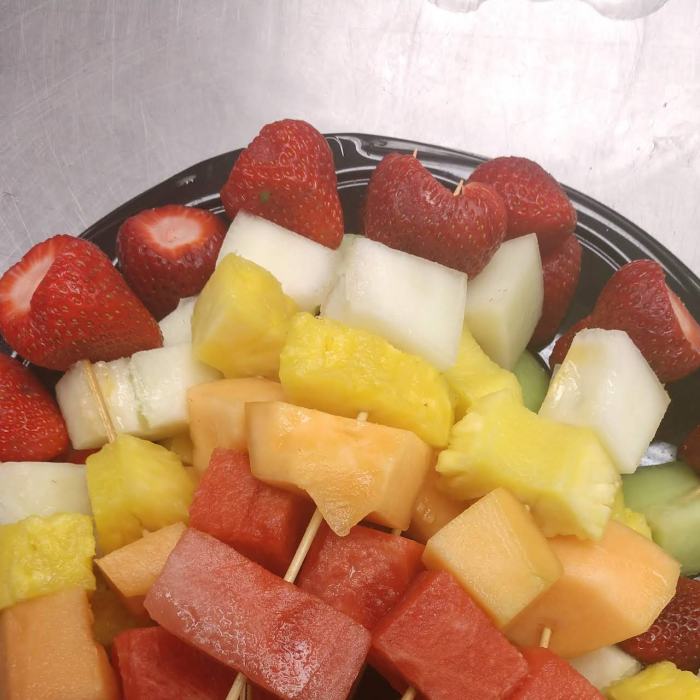Fda requirement for off site caterer without temperature control – The FDA requirement for off-site caterers without temperature control is a crucial aspect of ensuring food safety. This article delves into the specific regulations, challenges, and methods involved in maintaining food safety in this setting, providing valuable insights for caterers and consumers alike.
Off-site caterers face unique challenges in maintaining food safety without temperature control, as they must transport and store food in a manner that prevents spoilage and contamination. Understanding these challenges and implementing effective food safety practices are essential for preventing foodborne illnesses.
1. FDA Requirements for Off-Site Caterers Without Temperature Control

Off-site caterers who do not have temperature control must comply with specific FDA regulations to ensure food safety. These regulations include:
- Using time as a public health control to limit the growth of pathogenic microorganisms
- Cooling potentially hazardous foods to 41°F (5°C) or below within 6 hours, and to 32°F (0°C) or below within 24 hours
- Maintaining cold potentially hazardous foods at 41°F (5°C) or below
- Heating potentially hazardous foods to 165°F (74°C) or above for 15 seconds
- Thawing frozen potentially hazardous foods under refrigeration at 41°F (5°C) or below, under cold running water, or as part of the cooking process
- Avoiding cross-contamination between raw and cooked foods
Off-site caterers must also follow good hygiene practices, such as washing their hands frequently, using clean utensils and equipment, and avoiding touching food with bare hands.
2. Challenges of Maintaining Food Safety Without Temperature Control: Fda Requirement For Off Site Caterer Without Temperature Control

Off-site caterers face several challenges in maintaining food safety without temperature control. These challenges include:
- Lack of refrigeration:Off-site caterers often do not have access to refrigeration, which makes it difficult to keep food cold and prevent the growth of bacteria.
- Time constraints:Off-site caterers often have to prepare food quickly, which can make it difficult to follow proper food safety procedures.
- Cross-contamination:Off-site caterers often have to prepare food in close proximity to other foods, which can increase the risk of cross-contamination.
Common foodborne illnesses that can occur when food is not properly handled and stored without temperature control include:
- Salmonella:A type of bacteria that can cause fever, diarrhea, vomiting, and abdominal cramps
- E. coli:A type of bacteria that can cause severe diarrhea, abdominal cramps, and vomiting
- Listeria monocytogenes:A type of bacteria that can cause meningitis, encephalitis, and other serious infections
Off-site caterers can prevent foodborne illnesses by following proper food safety procedures, such as:
- Using time as a public health control
- Cooling food quickly
- Keeping cold food cold
- Heating food to the proper temperature
- Avoiding cross-contamination
Essential FAQs
What are the key FDA regulations for off-site caterers without temperature control?
Off-site caterers must adhere to specific regulations, including maintaining proper food temperatures, preventing cross-contamination, and ensuring proper food handling and storage.
What are some common food safety challenges faced by off-site caterers?
Off-site caterers face challenges such as maintaining food temperatures during transport, preventing contamination during storage, and ensuring proper food handling by staff.
What are some effective methods for ensuring food safety without temperature control?
Off-site caterers can use methods such as vacuum packaging, using ice packs or insulated containers, and implementing strict food handling procedures to maintain food safety.
